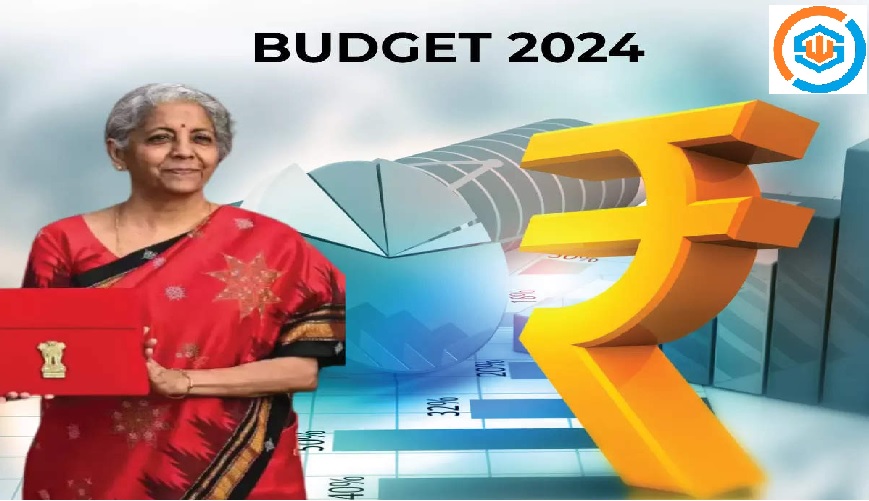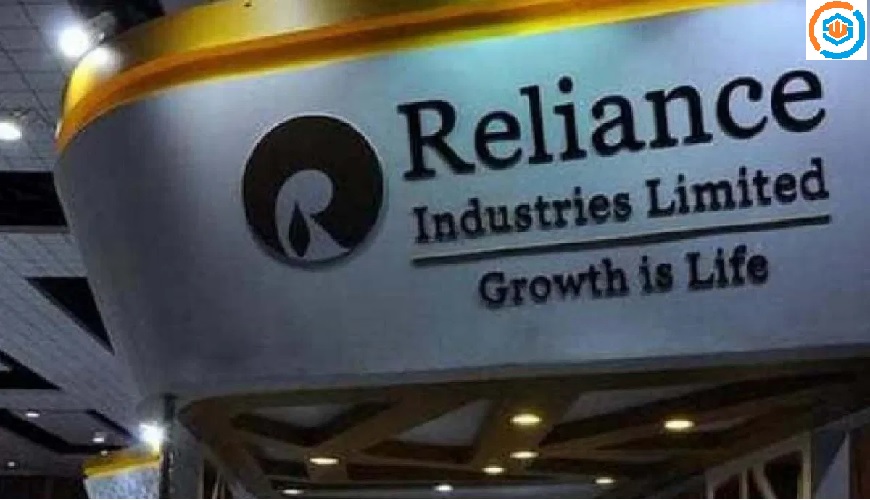
- 10 May
- 2023
Market share of inverter-based room ACs rises to 77 pc in FY23: Power ministry
The market share of inverter-based room air-conditioners (ACs) has increased significantly to 77 per cent by 2022-23, an official statement said on Wednesday. The market share of inverter-run ACs was just 1 per cent in 2015-16, the power ministry statement said.
"During the eight years from 2015-16 to 2022-23, the market share of the more efficient, variable speed (inverter) RACs (room ACs) increased from 1 per cent to 77 per cent, while that of the fixed speed RAC, reduced from 99 per cent to 23 per cent during the same period," it said.
The overall market for room ACs reached 6.6 million units by 2020-21 from 4.7 million units in 2015.
The ministry attributed government policies as key drivers for improvement in overall energy efficiency of air-conditioners and accelerated deployment of highly energy-efficient inverter technology.
As per the data from the Bureau of Energy Efficiency (BEE), under the Ministry of Power, for split ACs, the overall energy efficiency improvement is 43 per cent for 1 star, and 61 per cent for the 5-star level. On the other hand, the overall energy efficiency improvement for window ACs is 17 per cent for 1-star and 13 per cent for 5-star level.
The interventions by the central government have also led to an increase in the market share of the more efficient inverter ACs. These interventions are part of the India Cooling Action Plan (ICAP), which aims to provide an integrated vision towards cooling across sectors encompassing inter alia reduction of cooling demand, refrigerant transition, enhancing energy efficiency and better technology options with a 20-year time horizon.
BEE DG Abhay Bakre said, "The ICAP is a comprehensive plan covering all sectors and the government is committed to successfully implementing the ICAP. BEE has been revising the star rating plans for split and window RACs to increase the stringency of the energy performance."











